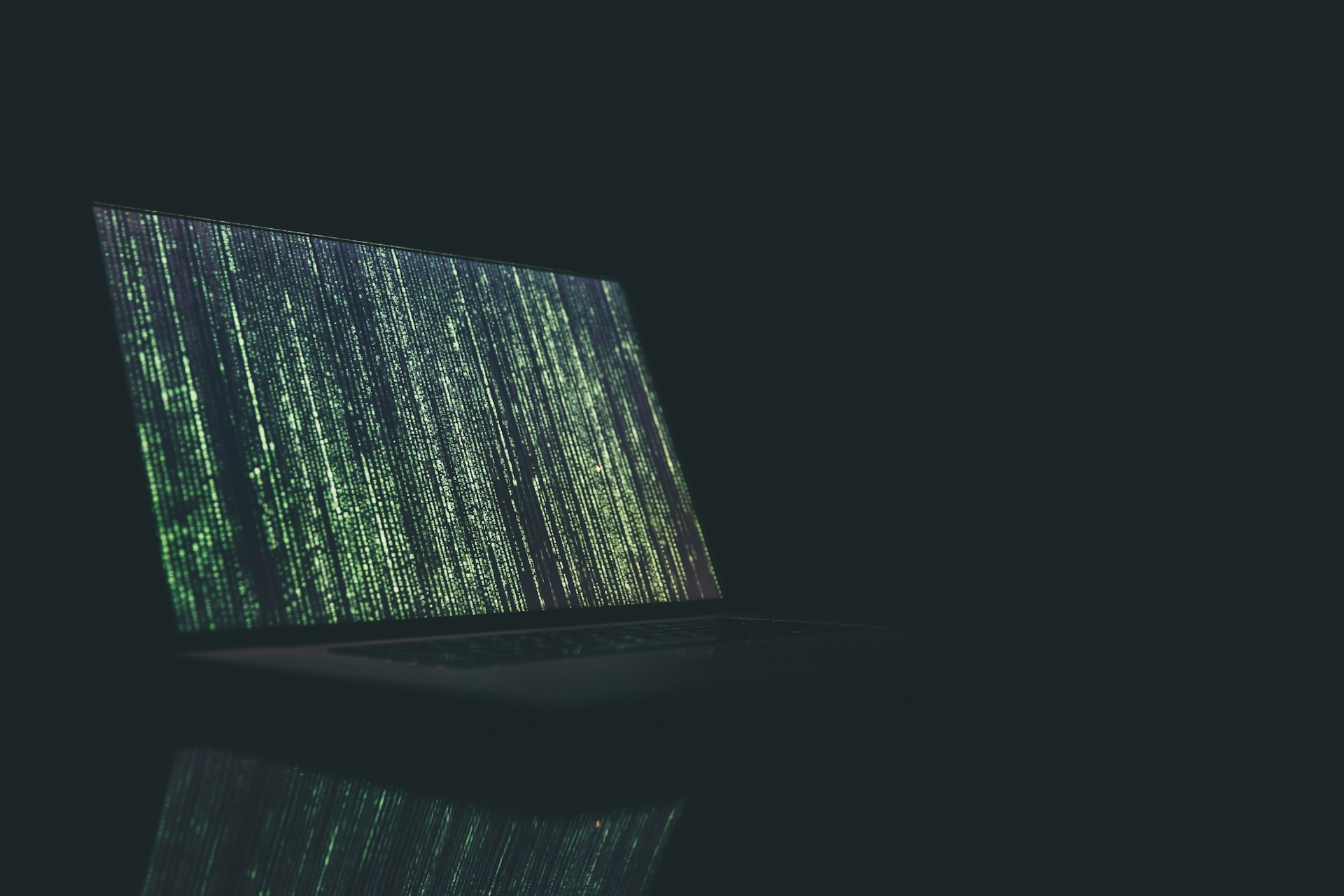Cybersecurity in the UK faces unprecedented challenges from evolving threats and increased digital reliance. Artificial Intelligence (AI) emerges as a transformative ally, capable of identifying vulnerabilities, detecting anomalies, and automating responses. This synergy not only enhances threat intelligence but also empowers organizations with predictive capabilities. Explore how AI is reshaping the landscape of digital defense and what it means for the future of cybersecurity in the UK. Embrace this innovative approach to fortify your defenses.
Overview of AI Technologies in Cybersecurity
In the realm of cybersecurity, AI technologies are revolutionizing how organisations protect their digital assets. These advanced tools are integral in identifying and mitigating threats with unmatched precision and speed. AI technologies, such as machine learning algorithms and neural networks, are employed to analyse vast amounts of data, detecting anomalies that could signify potential breaches.
This might interest you : Exploring the Benefits and Challenges of AI in Agricultural Biotechnology across the UK
Key features of AI-based cybersecurity solutions include real-time threat detection, automated response systems, and predictive analysis. These solutions can adapt to new threats by learning from past incidents, thereby enhancing their effectiveness over time. The ability to process large datasets quickly allows AI to identify patterns that human analysts might miss, ensuring a more robust defense mechanism.
The importance of AI in modern digital defense strategies cannot be overstated. As cyber threats become more sophisticated, traditional security measures often fall short. AI technologies provide a proactive approach, enabling organisations to anticipate and neutralise threats before they cause harm. By integrating AI into their cybersecurity frameworks, companies can ensure a more resilient digital defense posture, safeguarding sensitive information and maintaining trust with their stakeholders.
Have you seen this : How AI Transforms Inventory Forecasting in UK Retail: Unveiling Its Impact and Benefits
Case Studies Demonstrating AI Effectiveness
In recent years, several UK organisations have successfully implemented AI technologies to bolster their cybersecurity frameworks. These AI case studies highlight the tangible benefits and effectiveness of AI in real-world scenarios.
One notable example is a leading financial institution that integrated AI-driven systems to enhance threat detection. By leveraging machine learning algorithms, the bank reduced false positives by 30% and decreased response time to incidents by 40%. This improvement not only streamlined their operations but also fortified their digital defences against increasingly sophisticated attacks.
Another case study involves a healthcare provider that adopted AI solutions to protect patient data. The implementation of AI allowed for real-time monitoring and predictive analysis, resulting in a 25% reduction in data breaches over the past year. This success story underscores the critical role of AI in safeguarding sensitive information.
These cybersecurity success stories provide valuable lessons for other organisations. They demonstrate that the effectiveness of AI lies in its ability to adapt and learn from past threats, offering a dynamic and proactive defence strategy. By analysing these case studies, businesses can better understand the potential of AI and apply these insights to enhance their own cybersecurity measures.
Expert Opinions on AI in Cybersecurity
Gaining insights from cybersecurity experts provides a deeper understanding of AI’s role in digital defense. Interviews with professionals reveal that AI integration is seen as both a boon and a challenge. Experts agree that AI offers unparalleled capabilities in threat detection and response, but they also highlight the complexities involved in its implementation.
Professional Perspectives
Many professionals emphasise that while AI can significantly enhance cybersecurity measures, its deployment requires careful consideration. Challenges such as data privacy, algorithmic bias, and the need for continuous learning are frequently mentioned. Despite these hurdles, experts are optimistic about the future of AI in cybersecurity, predicting that its ability to adapt and learn will be crucial in combating evolving threats.
AI Insights and Trends
Looking ahead, cybersecurity experts predict that AI technologies will become more autonomous, reducing the need for human intervention in routine processes. This shift is expected to allow security teams to focus on more strategic tasks. However, experts caution that reliance on AI should not lead to complacency; human oversight remains essential to address unforeseen issues and ethical concerns.
By understanding these professional perspectives, organisations can better navigate the complexities of integrating AI into their cybersecurity strategies, ensuring a balanced approach that maximises benefits while minimising risks.
Implementing AI in Cybersecurity Strategies
AI implementation in cybersecurity strategies requires careful planning and execution. Organisations aiming to integrate these advanced technologies should begin by assessing their current cybersecurity frameworks. This initial step helps identify areas where AI can provide the most significant impact, such as threat detection or data analysis.
When adopting AI technologies, organisations must consider several key factors. One critical consideration is ensuring data privacy and compliance with regulations. This involves implementing robust data management practices and selecting AI solutions that prioritise security. Additionally, addressing potential algorithmic bias is essential to maintain fairness and accuracy in threat assessments.
Organisational tips for successful AI integration include fostering a collaborative environment between IT and security teams. This collaboration ensures a seamless transition and optimises the use of AI tools. Training staff on AI technologies and their applications in cybersecurity is also vital to maximise their potential.
In the UK context, various resources and tools are available to support AI implementation. Organisations can leverage government initiatives and industry partnerships to access cutting-edge AI solutions. Engaging with cybersecurity experts and attending workshops can further enhance understanding and facilitate the integration process. By following these practical steps, companies can effectively incorporate AI into their cybersecurity strategies.
Challenges in AI and Cybersecurity Collaboration
Integrating AI into cybersecurity frameworks presents several challenges for organisations. One of the primary AI challenges is ensuring data privacy. AI systems require vast amounts of data to function effectively, raising concerns about how this data is collected, stored, and used. Organisations must navigate these cybersecurity obstacles by implementing stringent data management practices to protect sensitive information.
Another significant hurdle is addressing ethical concerns. AI algorithms can inadvertently introduce biases, leading to unfair threat assessments. This issue necessitates ongoing monitoring and adjustment of AI systems to ensure they operate fairly and accurately. Such collaboration issues can undermine trust in AI solutions if not properly managed.
To overcome these barriers, organisations can adopt several strategies. Engaging in open dialogue between IT and security teams is essential to identify potential pitfalls early. Additionally, fostering a culture of continuous learning and adaptation ensures AI systems remain effective and ethical.
Finally, leveraging external expertise, such as consulting with cybersecurity experts, can provide valuable insights into best practices. By addressing these challenges head-on, organisations can enhance their AI-cybersecurity collaboration, leading to more robust and reliable digital defense mechanisms.
Future Trends in AI and Cybersecurity
Exploring the future of AI in cybersecurity reveals a landscape rich with possibilities. As AI technologies advance, predictions indicate a shift towards more autonomous systems capable of handling complex tasks with minimal human intervention. This evolution is expected to enhance the efficiency and accuracy of threat detection and response, making cybersecurity trends increasingly reliant on AI.
Emerging technologies such as quantum computing and blockchain are set to revolutionise AI applications in digital defense. These innovations promise to bolster encryption methods and data integrity, providing a robust framework for secure communications. As AI systems become more sophisticated, they will likely incorporate these technologies to offer enhanced protection against cyber threats.
Regulatory changes and industry standards will play a crucial role in shaping the future of AI in cybersecurity. As governments and organisations strive to address privacy concerns and ethical considerations, new regulations will emerge to guide AI development and deployment. These standards will ensure that AI technologies are implemented responsibly, fostering trust and reliability in digital defense strategies.
In summary, the future of AI in cybersecurity is poised for significant advancements, driven by technological innovations and evolving regulations. These developments will pave the way for more secure and resilient digital environments.






